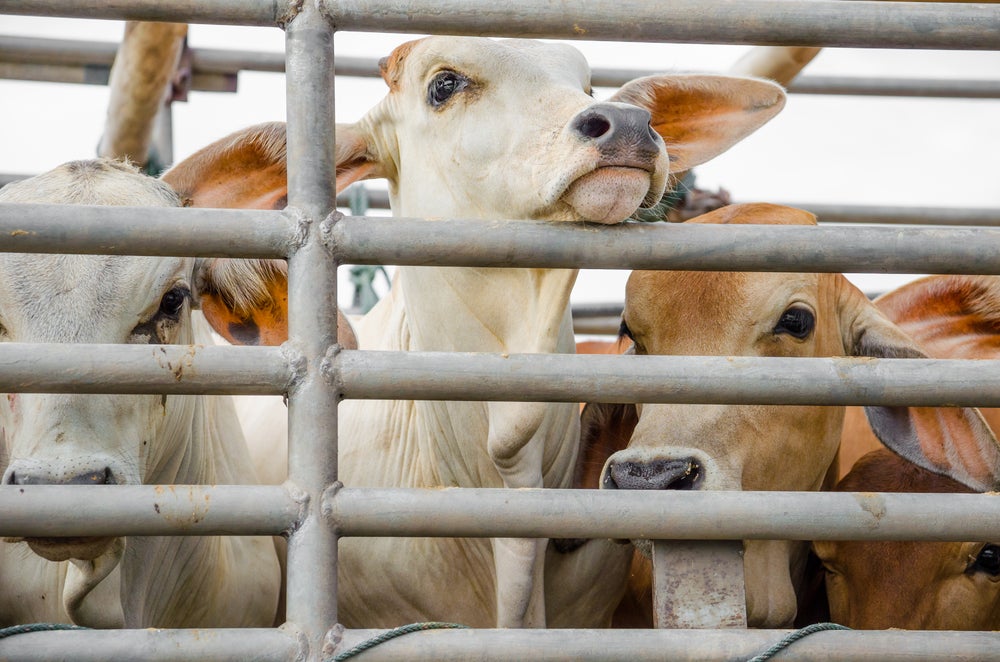New rules requiring labels on food packaging to indicate whether animals were subjected to painful procedures without anaesthesia are now in effect across Switzerland.
The regulation, which took effect in late May 2025, applies to meat, eggs, dairy products and foie gras sold within the country, regardless of whether they are produced locally or imported.
Animal welfare labelling becomes mandatory
The change stems from a revision to Switzerland’s Ordinance on Food Labelling and Advertising, adopted by the Federal Council.
The law mandates that packaging must clearly state when specific animal husbandry practices—such as castration, beak trimming or dehorning—were carried out without anaesthetic.
These procedures, common in various types of livestock production, are now subject to public disclosure under the new labelling rules.
The measure responds to growing public demand for transparency around animal welfare conditions in the food industry. It marks a significant shift in Switzerland’s approach to food labelling, aligning it more closely with ethical food trends observed in other European countries.
Scope of labelling and enforcement
The rules apply to both fresh and processed products, including cheese, yoghurt, cold cuts and pre-packaged meals.
Food businesses are now obliged to verify and declare the animal welfare status of their supply chains. Imported goods must also comply, creating new responsibilities for retailers and importers to ensure proper documentation and labelling.
The Swiss Federal Food Safety and Veterinary Office (FSVO) is overseeing enforcement. Retail inspections and spot checks are being carried out to monitor compliance.
Products found to be mislabelled or lacking the required disclosure may face fines or be pulled from shelves.
Consumer pressure drives labelling reform
The labelling requirement follows sustained pressure from consumers, animal rights organisations and ethical farming advocates.
Public opinion surveys conducted in Switzerland over recent years show a consistent majority of shoppers support clearer information about how animals are treated in food production.
By highlighting whether animals were exposed to painful interventions without anaesthesia, the new labels aim to empower consumers to make more informed purchasing decisions.
Officials say they hope the regulation will also motivate food producers to reduce the use of such procedures or apply anaesthesia where possible.
International attention on Swiss policy shift
Switzerland’s move has drawn attention beyond its borders, with animal welfare groups across Europe pointing to the policy as a model for improving transparency.
While the European Union has yet to implement similar mandatory labelling, the Swiss system could influence future discussions around ethical labelling standards in EU markets.
As the regulation takes root, both industry stakeholders and consumer groups will be watching closely to assess its impact on purchasing behaviour and farming practices.
For now, Swiss supermarket shelves are beginning to reflect a clearer view of what lies behind the packaging.









